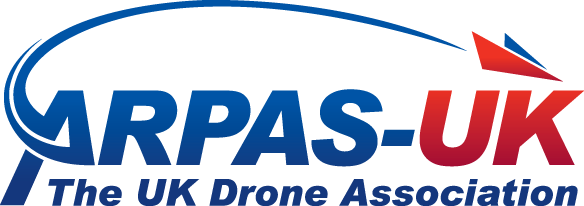
The fact that Animal Dynamics shares our commitment to localization is central to our partnership. The company aims to develop technology inspired by nature, with greater endurance, efficiency, and agility. This approach very much appeals to us. Founded in 2015 as a spin-out from The University of Oxford Zoology Department, Animal Dynamics combines insights from evolutionary biomechanics with cutting-edge engineering and software to develop unmanned aerial vehicles (or drones) that are efficient, safe and robust. At present, the company is focused on two key projects, Stork (pictured below) and Skeeter.

Stork is a heavy payload-capacity autonomous unmanned aerial vehicle. By combining paramotor technology with autonomous capability, the Stork system is an economically viable logistics solution. Current vehicles can carry 5kgs of payload over 50km. Vehicles are robust, damage-tolerant, and easily repairable. With short take-off and landing capability, Stork can operate in challenging conditions without the need for extensive ground infrastructure. The Animal Dynamics fleet logistics software package enables the rapid deployment and autonomous management of multiple Stork vehicles. Through inventory control and multiple vehicle launch and tracking, the Stork system offers a complete solution to last-mile logistics. Skeeter is a micro-drone inspired by the biology of dragonflies with high efficiency and endurance compared with rotor-blade models. Animal Dynamics is currently developing use cases for Skeeter in fields such as agriculture and emergency services.
Flying Labs are not new to cargo drones. They have been engaged in cargo drone projects since 2016. Peru Flying Labs, for example, has delivered medicines and blood samples in the Amazon Rainforest with BD; Nepal Flying Labs collected TB samples from remote clinics in Pyuthan with BNMT; Papua New Guinea Flying Labs ran cargo drone demos with the Center for Disease Control (CDC), and Cameroon Flying Labs will soon be collecting patient samples for Polio testing with the CDC and World Health Organization. Also, we have worked on cargo drone projects with our partners in Brazil to reduce Zika and in Fiji to reduce Dengue. Last but not least, we offer a professional online course on the use of cargo drones for medical delivery. Participants who complete the course receive a certificate signed by MIT, the University of Pennsylvania, and WeRobotics.
We plan to announce several select cargo drone partners in 2020. These partnerships are vital to providing Flying Labs with the opportunity to select from a range of cargo solutions for their joint public health projects. This diversity in solutions is already true for mapping drones, given our formal partnerships with DJI, senseFly, and Parrot. As such, we expect to bring on three cargo drone partners this year who share our core values and commitment to The Power of Local.






